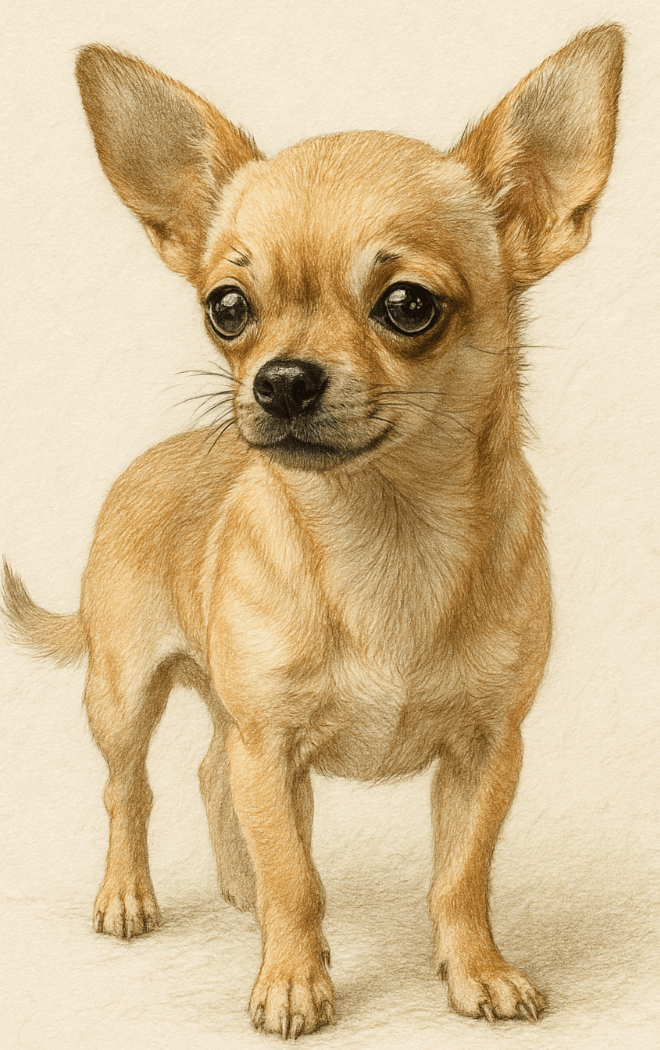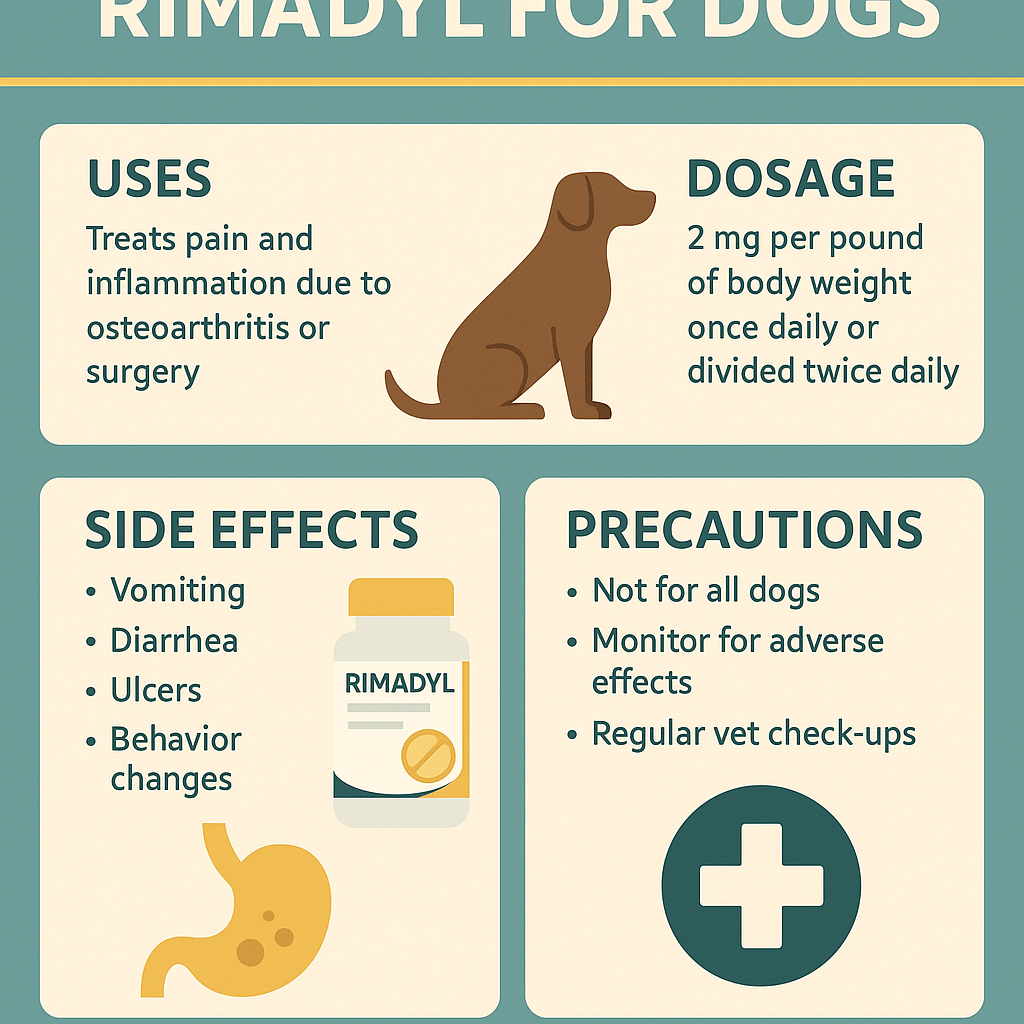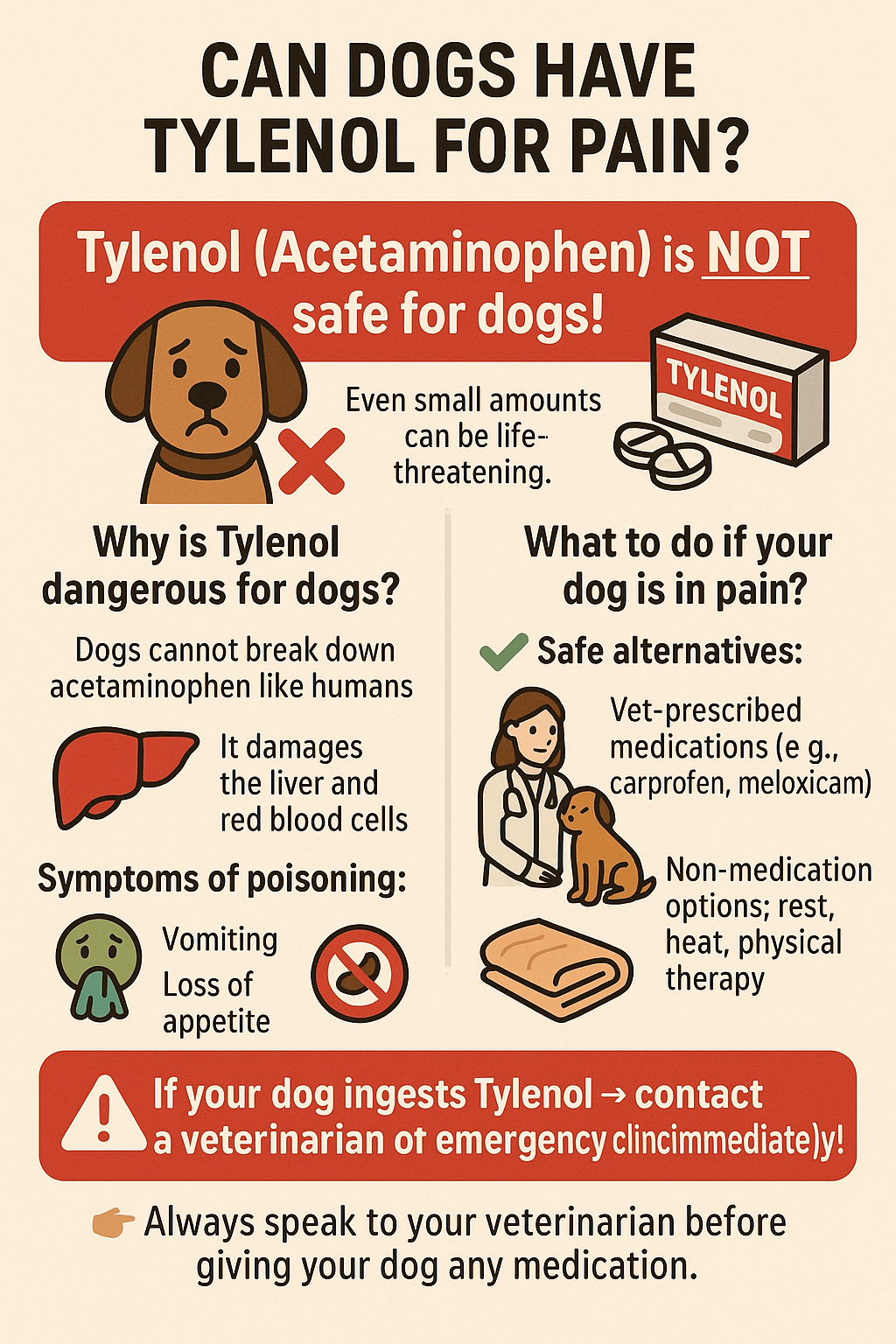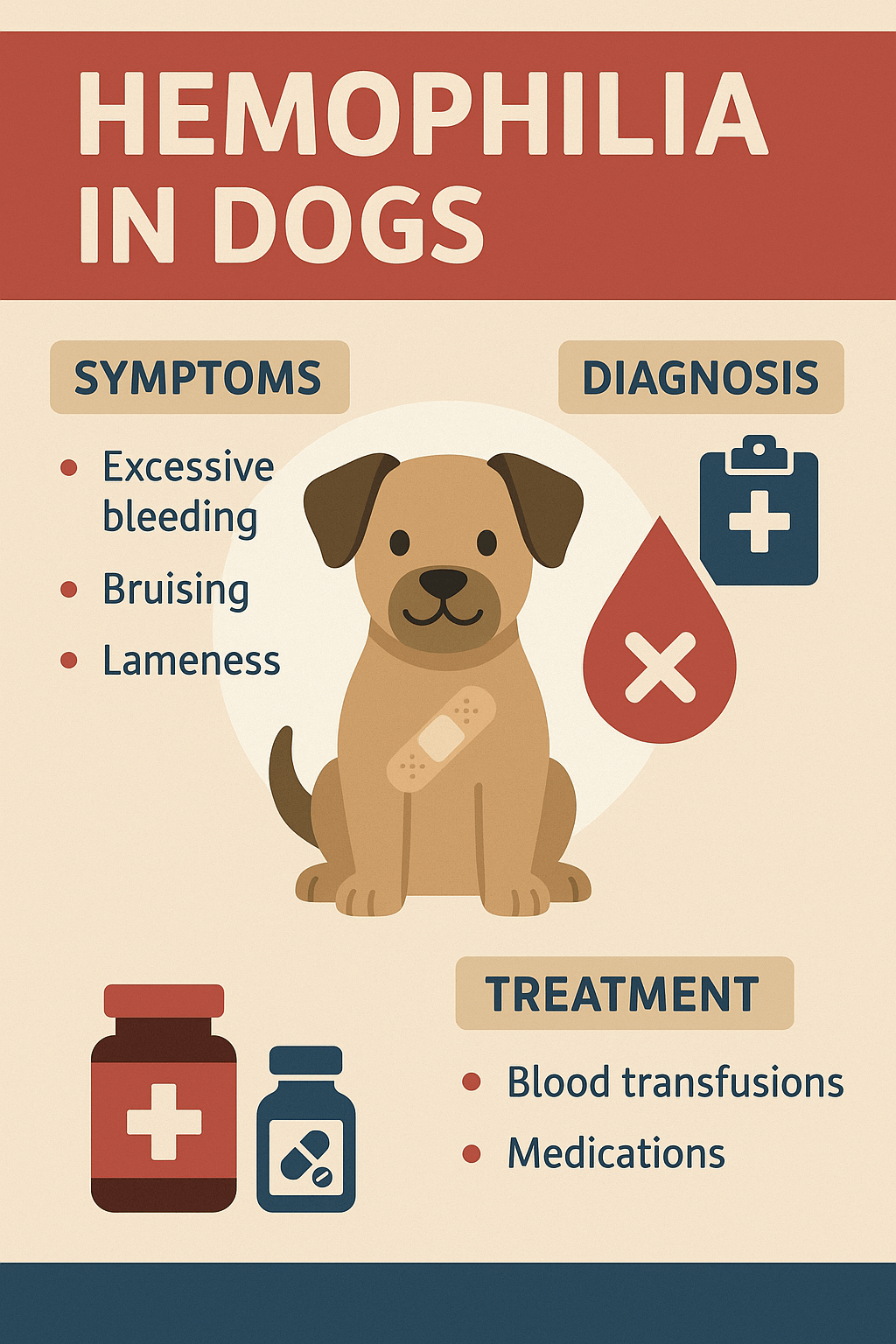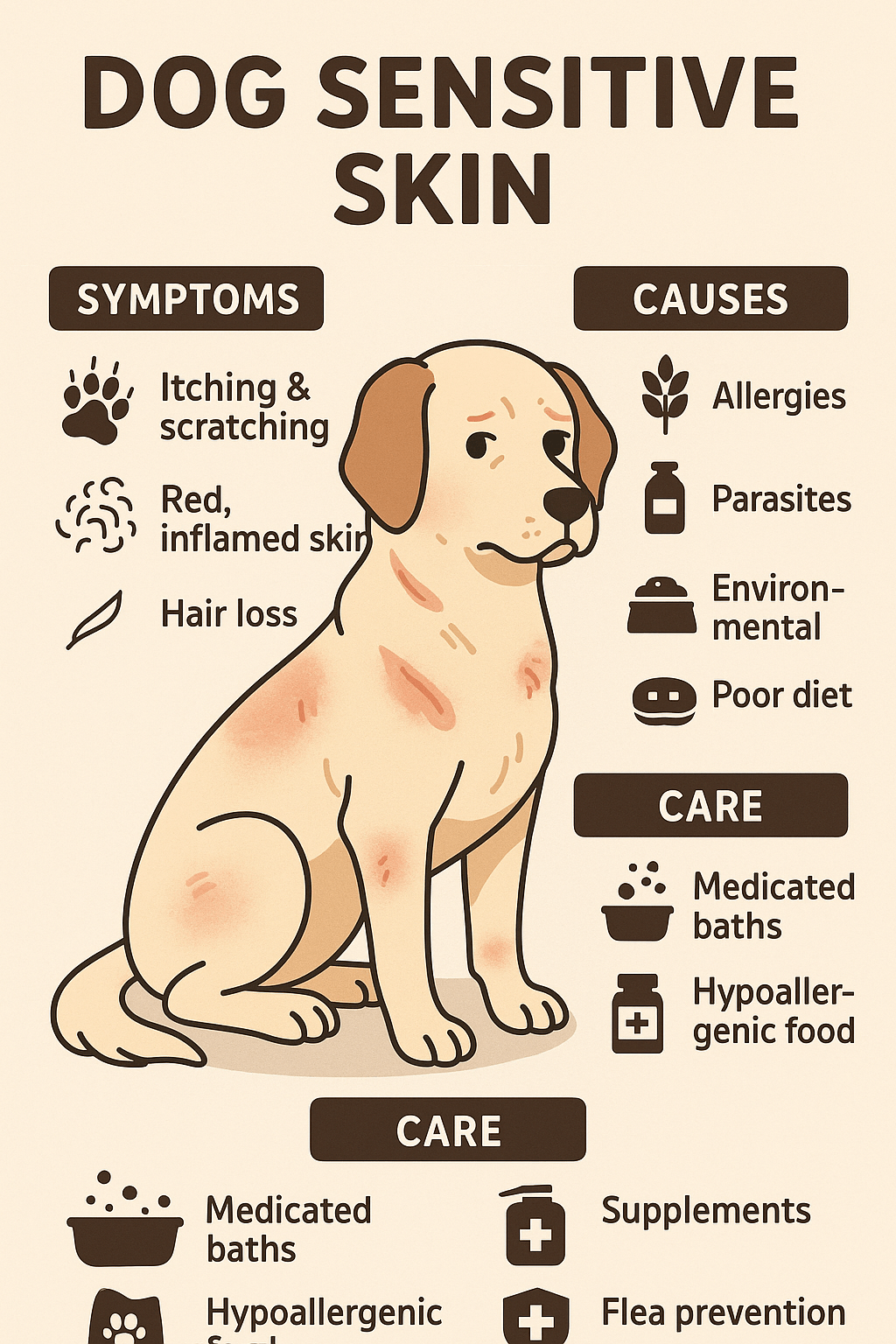What Weight Is Considered a Small Dog?
When it comes to classifying dogs by size, weight plays a crucial role in determining whether a dog is considered small, medium, or large. But what exactly qualifies as a “small dog”? While there’s no universal standard, breed organizations, veterinarians, and pet experts generally agree on specific weight ranges that define small dogs. Understanding these classifications can help you make informed decisions about your pet’s care, diet, exercise needs, and overall well-being. In this blog post, we’ll explore the factors that determine a small dog’s weight, provide practical insights into their unique characteristics, and offer tips for keeping your pint-sized pup healthy and happy.
Weight Ranges for Small Dogs
Small dogs are typically categorized based on their adult weight, which varies depending on breed, genetics, and overall health. Here’s a breakdown of the general weight ranges used to classify small dogs:
Under 10 Pounds (4.5 kg):
Dogs weighing less than 10 pounds are often referred to as toy or teacup breeds, such as Chihuahuas and Yorkshire Terriers.10 to 20 Pounds (4.5 to 9 kg):
This range includes many popular small breeds like Shih Tzus, Pugs, and French Bulldogs, which are compact but sturdy.Up to 22 Pounds (10 kg):
Some sources extend the small dog category slightly higher, including breeds like Miniature Schnauzers and smaller mixed-breed dogs.Breed-Specific Variations:
Certain breeds may fall on the cusp between small and medium, making individual assessment important for accurate classification.Puppy Growth Patterns:
Small dog breeds tend to reach their full adult weight by 9 to 12 months, so their growth trajectory can influence how they’re categorized.
These weight ranges provide a helpful framework for identifying small dogs, but it’s essential to consider each dog’s unique traits and needs.
Characteristics of Small Dogs
Small dogs are beloved for their adorable size and big personalities, but they also come with distinct traits that set them apart from larger breeds. Here’s what makes small dogs special:
Compact Size:
Their petite stature makes them ideal companions for apartment living or homes with limited space.Energy Levels:
Many small dogs are surprisingly energetic and enjoy activities like playing fetch, running around, or going for walks.Lifespan:
Small breeds often live longer than larger dogs, with an average lifespan of 12 to 16 years or more.Temperament:
While some small dogs are affectionate and cuddly, others can be feisty and bold, despite their diminutive size.Health Considerations:
Small dogs are prone to certain health issues, such as dental problems, luxating patellas, and hypoglycemia, requiring attentive care.
Understanding these characteristics helps owners tailor their approach to raising and caring for a small dog effectively.
Check this guide 👉Why Is My Labrador So Small? Best 7 Expert Tips!
Check this guide 👉Small Dogs That Dont Shed: Best 7 Expert Tips!
Check this guide 👉Small Dog Syndrome: Best 7 Health Tips!
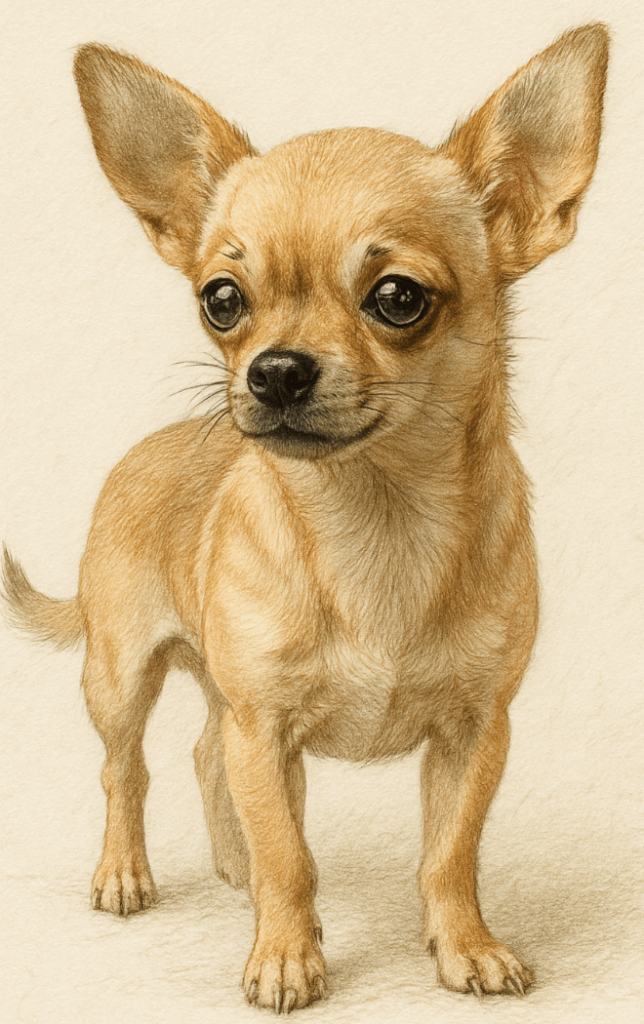
Advantages of Small Dogs | Challenges of Small Dogs |
|---|---|
Ideal for small living spaces | Prone to anxiety or nervousness |
Easier to travel with | Can be fragile and injury-prone |
Lower food and grooming costs | May bark excessively due to territorial nature |
Longer lifespans compared to large dogs | Susceptible to dental and joint issues |
Adaptable to various lifestyles | Require consistent training to prevent stubbornness |
How to Maintain a Healthy Weight for Your Small Dog
Keeping your small dog at a healthy weight is vital for their overall health and longevity. Here are some tips to ensure they stay fit and active:
Monitor Portion Sizes:
Small dogs require fewer calories than larger breeds, so avoid overfeeding to prevent obesity.Choose High-Quality Food:
Opt for nutrient-rich dog food formulated specifically for small breeds to meet their unique dietary needs.Provide Regular Exercise:
Daily walks, playtime, and mental stimulation help burn excess energy and maintain a healthy weight.Schedule Routine Vet Checkups:
Regular veterinary visits ensure your dog’s weight and health are on track, catching potential issues early.Limit Treats and Snacks:
While treats are great for training, they should make up no more than 10% of your dog’s daily caloric intake.
By following these guidelines, you can help your small dog thrive and enjoy a long, healthy life.
Common Misconceptions About Small Dogs
Despite their popularity, small dogs are often misunderstood. Addressing these misconceptions can foster better understanding and care for these lovable companions.
“Small Dogs Don’t Need Much Exercise”:
While they may not need hours of activity, small dogs still require daily walks and playtime to stay healthy and happy.“They’re Less Loyal Than Larger Breeds”:
Small dogs are just as capable of forming strong bonds with their owners as any other breed.“Small Dogs Are Always Fragile”:
While they can be delicate, many small breeds are surprisingly resilient and robust.“They’re Easier to Train”:
Small dogs can sometimes display stubborn streaks, requiring patience and consistency during training.“Their Size Means They Don’t Need Grooming”:
Even small dogs with short coats benefit from regular grooming to keep their skin and coat healthy.
Dispelling these myths ensures small dogs receive the care and attention they deserve.
Best Practices for Feeding Small Dogs
Feeding your small dog properly is essential for maintaining their health and happiness. Follow these best practices to ensure they receive balanced nutrition.
Use Breed-Specific Formulas:
Choose dog food designed for small breeds, as it contains the right balance of nutrients for their metabolism.Feed Smaller, Frequent Meals:
Small dogs benefit from two to three smaller meals per day rather than one large meal, preventing hypoglycemia.Avoid Table Scraps:
Human food can upset a dog’s stomach or lead to unhealthy weight gain. Stick to high-quality dog food instead.Supplement Carefully:
Only add supplements under veterinary guidance to avoid nutrient imbalances.Monitor Eating Habits:
Changes in appetite can signal underlying health issues, so consult your vet if you notice irregularities.
Proper feeding habits lay the foundation for a healthy and vibrant life for your small dog.
Travel Tips for Owners of Small Dogs
Small dogs are excellent travel companions due to their size and adaptability. These tips will make traveling with your pup stress-free and enjoyable.
Invest in a Comfortable Carrier:
A well-ventilated, airline-approved carrier ensures your dog stays safe and comfortable during trips.Pack Essentials:
Bring food, water, toys, and medications to keep your dog happy and healthy on the go.Practice Car Rides:
Gradually acclimate your dog to car travel to reduce anxiety during longer journeys.Research Pet-Friendly Accommodations:
Look for hotels or rentals that welcome pets to avoid last-minute stress.Keep Them Secure:
Use seat belts or carriers to prevent injuries while driving.
With preparation and care, traveling with your small dog can be a rewarding experience.
Training Tips for Small Dog Owners
Training a small dog requires patience and consistency. These tips will help you build a strong relationship while teaching good behavior.
Start Early:
Begin training as soon as you bring your puppy home to establish routines and expectations.Use Positive Reinforcement:
Reward desired behaviors with treats, praise, or playtime to encourage repetition.Be Consistent:
Use the same commands and rules to avoid confusing your dog during training sessions.Address Stubbornness Calmly:
Small dogs can sometimes test boundaries, so remain patient and firm without resorting to punishment.Socialize Regularly:
Expose your dog to different people, animals, and environments to build confidence and reduce fearfulness.
Effective training strengthens the bond between you and your small dog, fostering mutual trust and respect.
Frequently Asked Questions About Small Dogs
What is the smallest dog breed?
The Chihuahua holds the title for the smallest dog breed, often weighing less than 6 pounds.
Can small dogs live with larger dogs?
Yes, but supervision is key to prevent accidental injuries due to size differences.
How much exercise do small dogs need?
Most small dogs require at least 30 minutes of exercise daily, though this varies by breed and energy level.
Are small dogs good for families with kids?
Many small breeds are great with children, provided they’re socialized properly and handled gently.
Do small dogs bark more than large dogs?
Some small breeds are more vocal, but barking depends on the individual dog’s personality and training.
Embracing Life with a Small Dog
Small dogs bring immense joy and companionship to households worldwide, proving that good things truly do come in small packages. Whether you’re drawn to their playful antics, affectionate nature, or adaptability to various lifestyles, understanding their weight classifications and unique needs is key to providing the best care possible. By staying mindful of their health, temperament, and quirks, you can build a strong bond with your furry friend and create countless cherished memories together. No matter the size, every dog deserves love, care, and a happy home.
Rimadyl for Dogs: Best 7 Expert Tips! Discover expert advice on using Rimadyl safely, managing pain, and improving your dog’s mobility with trusted veterinary insights.
Can Dogs Have Tylenol for Pain? Best 7 Expert Tips! Discover the risks, safe alternatives, and expert advice on managing your dog’s pain effectively while avoiding harmful medications.
Understanding Hemophilia in Dogs: Best 7 Expert Tips! Discover expert advice on managing hemophilia, recognizing symptoms, and ensuring your dog’s well-being with practical care strategies.
Understanding Dog Sensitive Skin: Best 7 Expert Tips! Discover expert advice on managing dog sensitive skin, relieving irritation, and improving your pup’s comfort with practical solutions.

